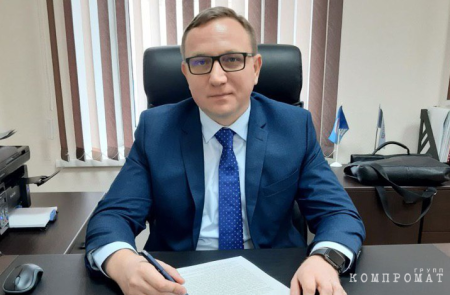“It is not ordered to shine”: “United Russia” updates the composition of the deputies in the regions
The United Russia party plans to significantly refresh its deputies in the upcoming elections to city councils and Legislative Assemblies.
Leaders with strong connections are being replaced by more resourceful candidates.
Just a quarter of city council speakers and a third of Legislative Assembly heads have been approved to run for their positions again through the primaries, reports the correspondent. MorningNews.
This year, elections for the heads of the Legislative Assemblies of the regions will take place in North Ossetia, Udmurtia, the Krasnodar Territory, as well as the Penza, Saratov and Sakhalin regions. The heads of city councils will also be elected in Gorno-Altaisk, Cherkessk, Barnaul, Petropavlovsk-Kamchatsky, Vladivostok, Kirov, Kursk, Omsk, Pskov, Tver and Yaroslavl.
The nomination of candidates for deputies from the United Russia party will be completed soon, allowing voters to identify their future representatives. Becoming a deputy is not only about promises to the community, but also about securing well-paid positions in city and regional parliaments.
Update from below
As reported by Vedomosti, United Russia has opted to replace 25% of its representatives with individuals not previously known to the public.
Only 30% of the current speakers of the Legislative Assemblies and about 25% of the heads of city councils have been given the green light for a new electoral cycle. The others were strongly advised not to participate in the primaries or to “lose in a fair fight”.
The party in power has long been focused on renewal, but this year it has become a special trend. According to Kommersant, only 15% of the candidates currently hold the status of an acting deputy – a year earlier, every fourth candidate in local and regional elections had this status.
The 2022 primaries were carried out exclusively online. The competition within the party for one candidate seat was 6.5 people, compared to 5 people a year earlier. United Russia also stated that 50 current deputies of Legislative Assembly and city councils lost the primaries.
Old-new faces
Despite the apparent shift in people and processes, everything remains the same. The party in power is increasingly favoring resourceful candidates who are able to finance an expensive campaign on their own, over “opinion leaders” and local community members.
The top spot in the regional list in North Ossetia was taken by a prominent entrepreneur from Siberia, Vladimir Guriev, and the lists of leaders in the preliminary voting in the Krasnodar Territory mainly featured business representatives, especially large developers.
Unusual events are occurring in the pre-election activity that differ from the typical political maneuvering in the country.
The controversial speaker of the parliament of North Ossetia, Aleksey Machnev, lost the primaries. The speech caused a stir not just anywhere, but at a meeting of the council of legislators led by President Vladimir Putin.
An exception was made for the chairman of the City Duma of the city of Cherkessk, Yevgeny Belanov. He lost the primaries, but nevertheless became a candidate from the ruling party. Couldn’t find someone more deserving?
The head of the council of the Krasnodar region, Yuri Burlachko, his colleague from the Penza region, Valery Lidin, and the speaker of the regional Duma of the Saratov region, Alexander Romanov, refused to participate in the primaries. It is unlikely that the political career of these citizens is “in the decline”, it is possible that “at the top” they simply asked to temporarily “not shine”.
Experts and political scientists have pointed out more than once that United Russia always shuffles its deputies at the regional level, so few of the speakers of city and regional parliaments have their own significant electoral resource.
At the same time, it is unlikely that political games “under the rug” and the change of one person to another in reality will somehow help ordinary people from the hinterland and improve their already difficult financial situation. No matter how the new wave of exchange “sewed for soap” again left the voters with nothing.




